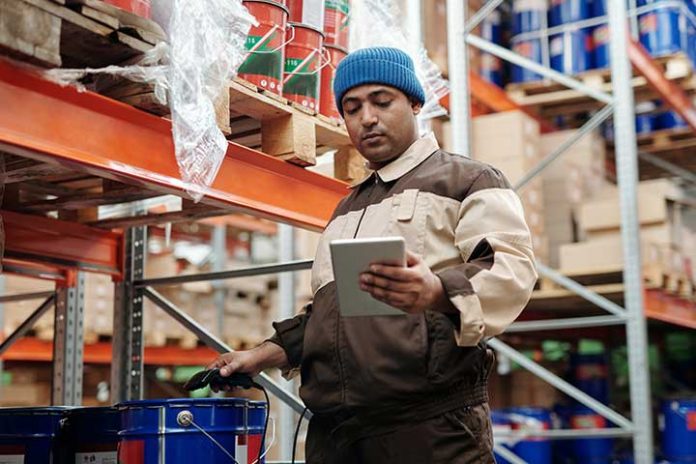There has been a lot of talk in recent years about automation, digitization, and transformation of logistics to meet the growing demand for efficiency. But, in the future, what will be the predominant patterns?
There are a large number of changes in the direction that the logistics industry is taking, from changes in strategy, through technological developments in the supply chain and transformations in consumption habits, but one thing is clear: technology plays a very important role. important. Whether in automation, digitization, or data consolidation, the future of logistics lies with technology and how its adoption will unfold.
In this sense, automated deliveries are a trend in the future of retail logistics that is developing in variables that are making it a complex and competitive scenario by nature: last minute offers and settlements, new negotiations with suppliers, margins, prices, and discounts to change, and stock rotation, shape a changing dynamic that requires a lot of efficiency in its supply chain.
The new coexistence between the management of the online business with that of the stores, where the preparation of orders requires differentiating the areas, and the logistics consulting is important since it is adapted to the specific needs of each size of the company.
For their part, limited access to cities is forcing logistics operators and textile manufacturers to adapt to new circumstances and increasingly become warehouses close to urban centers. However, the land is increasingly limited and more expensive, so it is necessary to take advantage of the available space. Hence, storage solutions, such as metal mezzanines or hanging garment systems, allow space to be reduced, assuming an improvement in global operations as well as significant cost savings.
In this line, the end customer demands ultra-fast deliveries, 53% are made on the same day, therefore, manufacturers or retailers face the need to streamline the supply chain. That is why it is becoming increasingly necessary in logistics platforms to multiply spaces and reduce times in order to be competitive and meet market demands.
we realize that not only do we work for a retailer that entrusts us to develop a modern layout and make their store more spacious, but we also focus our mission on the vision and future experience that they will have every buyer who accesses a store.
“Textile manufacturers, retailers, and logistics operators, especially SMEs, need the return on investment to be seen more in the short term, therefore, it is necessary that the logistics solutions that are implemented take into account the productive capacities and current distribution, but also that they adapt with some flexibility to future ones.
According to this, mechanize and automate repetitive processes in which operators do not add added value, streamlines processes and eliminates errors, and also the positions win in ergonomics (prevention of occupational risks) but the investment risks and, therefore, the costs, are very high taking into account the current economic uncertainty. There is a solution for each client, and projects must be approached in a scalable and very flexible way ”.


